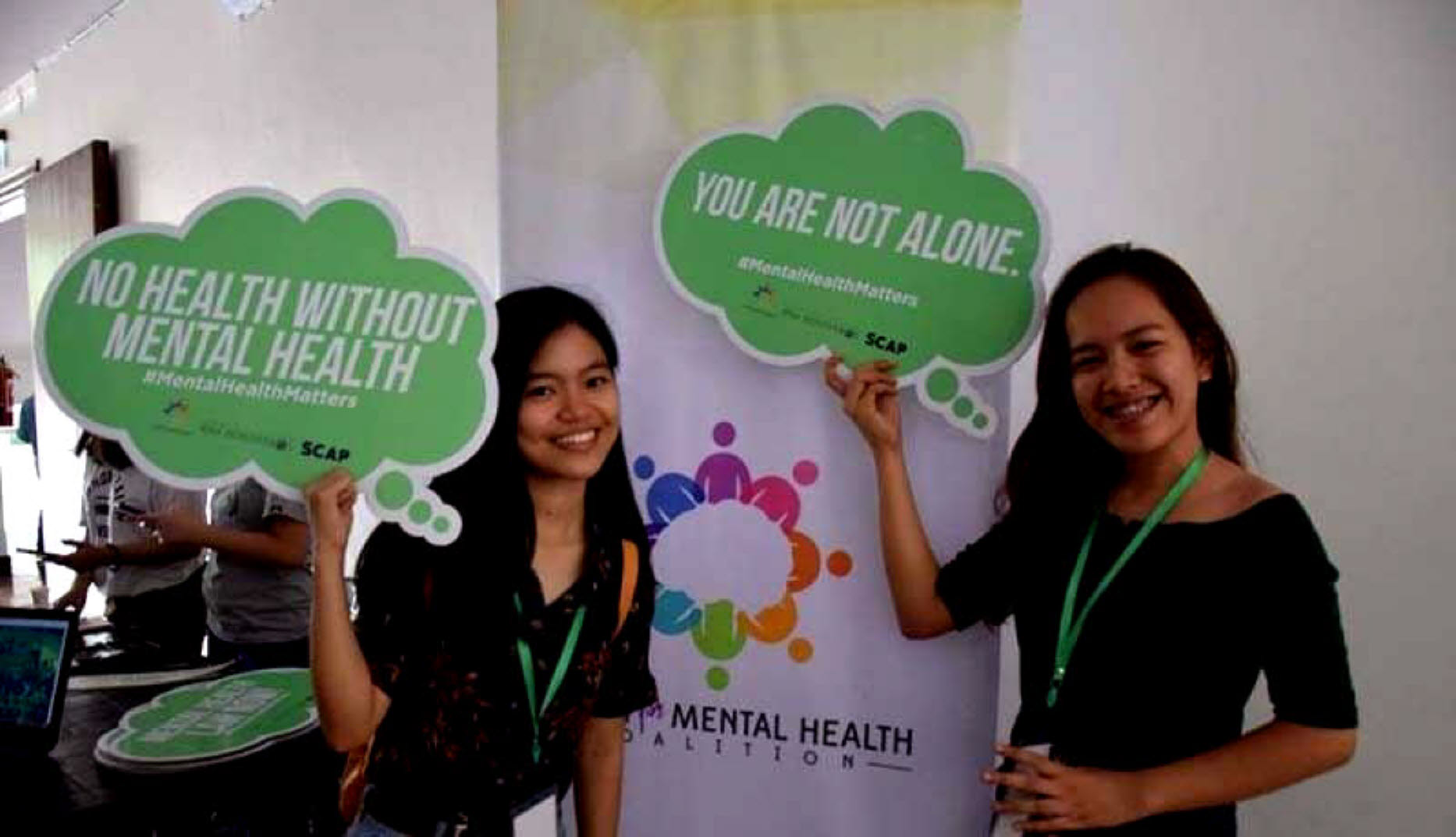
Chuck Ingoglia
It’s no surprise the #pandemic has battered our collective well-being. But it might come as a surprise that the #pandemic has provided an opportunity to restore our #mental well-being.
We now finally are engaged in a meaningful conversation about #mentalhealth and substance use challenges, and this change has helped reduce the #stigma surrounding treatment.
The tragic loss of life, #socialisolation, economic insecurity and the need to dodge new variants from a relentless #virus all have taken a toll. More people report experiencing #mentalhealthchallenges. More people are dying from overdose deaths, and overdoses from #fentanyl are the leading cause of death among #Americans ages 18 to 45.
More than a third of #Americans ages 13-56 cited the #pandemic as a major source of #stress, and many said it has made their lives harder, according to a recent survey by MTV and The AP-NORC Center for Public Affairs Research.
Roughly half of #Americans across generations said the #pandemic has led to struggles having fun and maintaining #mentalhealth. We are a nation of people on the edge, but we also are a nation of people more willing to talk about our vulnerabilities.
Acknowledging one’s #mentalhealthchallenges and then seeking treatment provides hope that #mental well-being – recovery from #mentalhealth or substance use challenges – is within reach for everyone.
More people now understand the value of caring for their #mental well-being. #Teens talk freely about their #mentalhealth, together and on #socialmedia. An increasing number of employers offer #mentalhealth programs to workers or access to care through employee assistance programs.
We also are talking openly about substance use and overdose deaths, which have reached record numbers. Because of these conversations, we are chipping away at the #stigma surrounding treatment for #mentalhealth and substance use challenges.
We are chipping away at the fear and discrimination preventing people from seeking care. But it’s just the beginning.
Access to services is essential
Eliminating #stigma represents a single goal. We cannot be mentally well and actively thriving if we are unable to access services, so we must also destroy barriers to access.
Among #adults 18 or older in 2019, 13.1 million people had a serious #mentalillness. Of those, 6.2 million people – nearly half – reported an unmet need for #mentalhealthservices in the past year.
#Black and #Hispanic #adults have been more likely than the general population to report symptoms of #anxiety and depressive conditions since the #pandemic began, the Kaiser Family Foundation reported.
The rise of digital #mentalhealth and substance use treatment and supports can help break down barriers to access. Telehealth visits for #mentalhealth increased by 556% between March 11 and April 22, 2020, according to the Substance Abuse and #MentalHealthServices Administration.
Addressing a crippling workforce shortage should represent a top priority of state and federal lawmakers because #mentalhealth and substance use treatment organizations continue to have difficulty meeting demand for treatment, and that demand won’t subside anytime soon.
#JamesDonaldson notes:
Welcome to the “next chapter” of my life… being a voice and an advocate for #mentalhealthawarenessandsuicideprevention, especially pertaining to our younger generation of students and student-athletes.
Getting men to speak up and reach out for help and assistance is one of my passions. Us men need to not suffer in silence or drown our sorrows in alcohol, hang out at bars and strip joints, or get involved with drug use.
Having gone through a recent bout of #depression and #suicidalthoughts myself, I realize now, that I can make a huge difference in the lives of so many by sharing my story, and by sharing various resources I come across as I work in this space. #http://bit.ly/JamesMentalHealthArticle
#Pandemic will have long-term effects
A recent Government Accountability Office report pointed out that “it will take time to determine the long-term #behavioralhealth effects resulting from the #pandemic.”
A majority of U.S. mayors also have raised alarm about our nation’s #mentalhealthcrisis, identifying the #mental well-being of people in their communities as the greatest challenge caused by the #pandemic. The new Survey of Mayors, conducted by the Boston University Initiative on Cities, found that 52% of mayors identified #mentalhealth and substance use as their top concern.
Not unemployment. Not poverty. Not housing.
We must continue chipping away until we no longer stigmatize people or the treatment they need and deserve. Our #mental well-being depends on it.
Chuck Ingoglia is president and CEO of the #NationalCouncilforMentalWellbeing.
This article originally appeared on USA TODAY: Our #mentalhealth has suffered. And it's OK to acknowledge that fact.
https://standingabovethecrowd.com/?p=8755


No comments:
Post a Comment